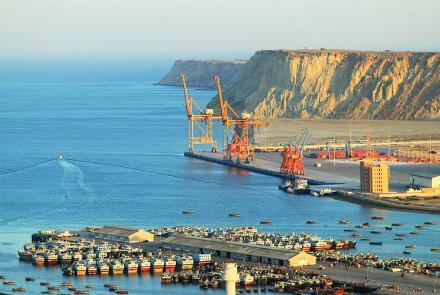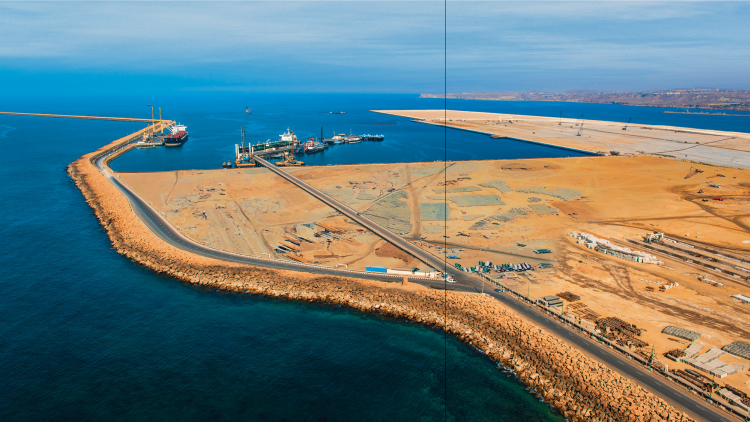India and Iran are close to finalizing a long-term agreement and this seems to be taken at a time when China’s interest in investing in ports and other coastal infrastructure has increased.

Earlier this year, India, Afghanistan, and Iran had mutually agreed upon a set of trilateral agreements which is known as the Chabahar agreement.
Provisions of the Long-Term Agreement
- The terms of the agreement would allow India access to Afghanistan via the Iranian port of Chabahar which is on the Gulf of Oman.
- India exporting goods directly to Afghanistan without going through Pakistan, thereby making things a lot easier since the relationship between the two countries has been in a fragile state due to territorial disputes.
- It could also lessen the time and cost of doing business with Europe and Central Asia.
India and Iran first approached the idea of Indian access to the port in 2003 and had both agreed to develop the port together and co-exist.
The whole agenda came to a standstill because of the western sanctions against Iran over its nuclear program and the friendly relations that developed between India and the United States.
Agreement in place
The long-term agreement which is valid for a period of 10 years is to be extended and replace the already existing pact which covered India’s operations at Shahid Beheshti terminal in Chabahar port. The decision to form a long-term agreement comes at a time when China is looking to invest in Iranian ports and other infrastructure in Iran.
Iran has constantly been pressuring New Delhi to step up developments of the terminal which is operated by IPGL.The agreement came to action last month activated by the visit of shipping and waterways Minister Sarbananda Sonowal to Iran which also included a meeting with Iran’s urban development Minister, Rostam Ghasemi.

The reason for the holding up of the agreement is related to issues of arbitration and as per the Iranian Constitution, it would require a constitutional amendment. Matters such as these can only be dealt with among their own countries and due to this reason, there’s been a delay in enforcing the agreement.
Some efforts are being taken to ensure the speedy resolution of this matter. Iran has been pressuring India to speed up the development of the port and also complete the 700 km Chabahar- Zahedan railway line. The link remains to have been completed because of fear to deal with a company related to the US-sanctioned Islamic Revolutionary Guard Corps.

There have been significant benefits with the introduction of the IPGL in 2018. It has handled bulks of cargo from multiple countries which include Russia, Berlin, Bangladesh, etc and if the port is linked to the rail network it will only increase efficiency.
Afghanistan is currently not a part of the trilateral agreement since the Taliban took over the country. India has promised to invest over $85 million in the terminal and has supplied goods worth $24 million.
The need to speed up the supply of goods and equipment is necessary. In 2016, the two countries decided to join their technical committee for the smooth functioning of the port and India also promised full support and showed complete dedication to developing the port.
To encourage use and proper development of the port, India is planning to host a conference of a joint working group on Chabahar with Central Asian states in October. Another initiative is to incorporate the port with the International North-South Transport Corridor (INSTC)
Read More: Prachanda’s Visit to India: its importance for India-Nepal Relations












